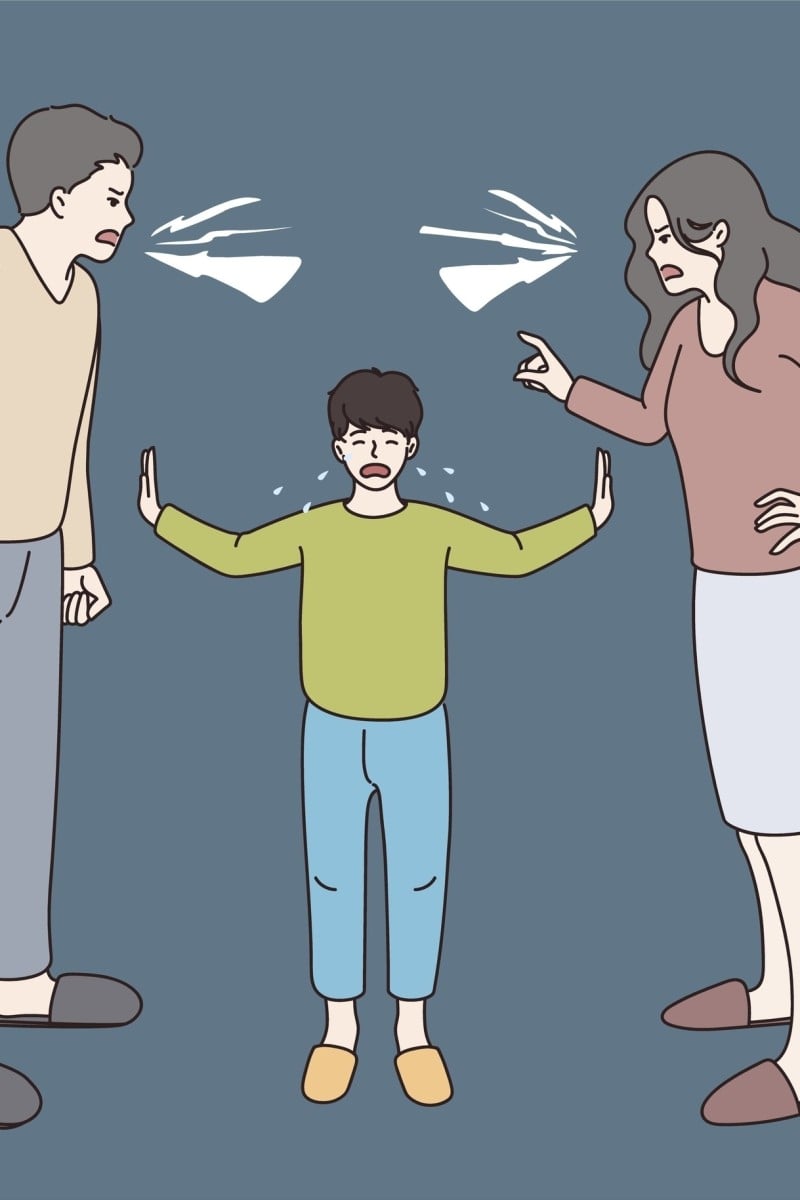
Asking for a Friend: Help! My parents argue a lot, and it feels like I don’t have a happy family
- Each week, we respond to a question from our readers and give advice and resources they can turn to
- This week, we help a student who doesn’t know what to do when their parents are fighting
 It’s not nice to listen to your parents argue. Make sure to take care of yourself and give yourself some space. Photo: Shutterstock
It’s not nice to listen to your parents argue. Make sure to take care of yourself and give yourself some space. Photo: ShutterstockNeed an answer to a personal question that you’ve never mustered the courage to ask? We’ve been there. Whether it is about school, family issues or social life, share your thoughts with us. If you have a question you’d like answered (about anything at all), please fill out this Google Form. Don’t worry – you will remain anonymous!
Dear Friend,
My parents argue a lot and it makes me sad. I feel like I don’t have a happy family anymore. Should I do anything to help the situation or leave them be?
Signed, Stuck
Help! I don’t know how to talk to my parents about serious issues
Dear Stuck,
We’re sorry for the tough time you and your family have been going through. It’s hard to figure out what to do when parents fight, and it’s not easy to listen to.
Please remember that this has nothing to do with you, and it’s not your fault – it’s a problem between your parents. Don’t try to get involved; it is not your responsibility to solve your parents’ conflicts. They are the adults, and you are the child. Instead, remain neutral, avoid taking sides, and concentrate on protecting your well-being.
Here is some advice we hope can help you through this troubling time:
Stay safe
From your letter, it sounds like your parents argue but don’t get violent. If that were the case, we would suggest calling the authorities the second things start to get physical – we don’t want you to be in danger. However, even if their arguments are confined to shouting, it can still be terrible for your mental health.
Stay away when your parents are arguing. This might mean locking yourself in your bedroom or even the bathroom. Is it possible for you to leave the house? Do you have a trusted friend, relative or neighbour close by? If there is someone who knows about your situation, you could ask them if it is OK to come over when things get intense at home. You could also go to the library or a public park – wherever you feel safe.
Engage in an activity that can ease your mind until they are finished; put in your headphones so you don’t have to hear what is happening.
My mum’s outdated stereotypes about girls are hurting our relationship
Tell someone about your feelings
Sometimes parents do not realise the emotional damage their arguments have on their children.
Talk about your feelings with your parents when they have calmed down – perhaps one-on-one – and ask for their help. Explain how their disputes affect you and suggest that they seek professional help to solve their problems. Hopefully, this will help them see the impact their arguing has on you – but keep in mind that they might turn down your suggestion.
Unresolved conflict can take a toll on all family members. Please seek support from someone you trust, such as a sibling, friend, relative, teacher, or even a trained professional like a social worker, counsellor or psychologist.
You’re in our thoughts, and we hope you can find the comfort you need to get through these challenging times.
Sincerely, Friend of a Friend
These online resources may also be helpful:
The question was answered by clinical psychologists from the Department of Health under Shall We Talk, a mental health initiative launched with the Advisory Committee on Mental Health.